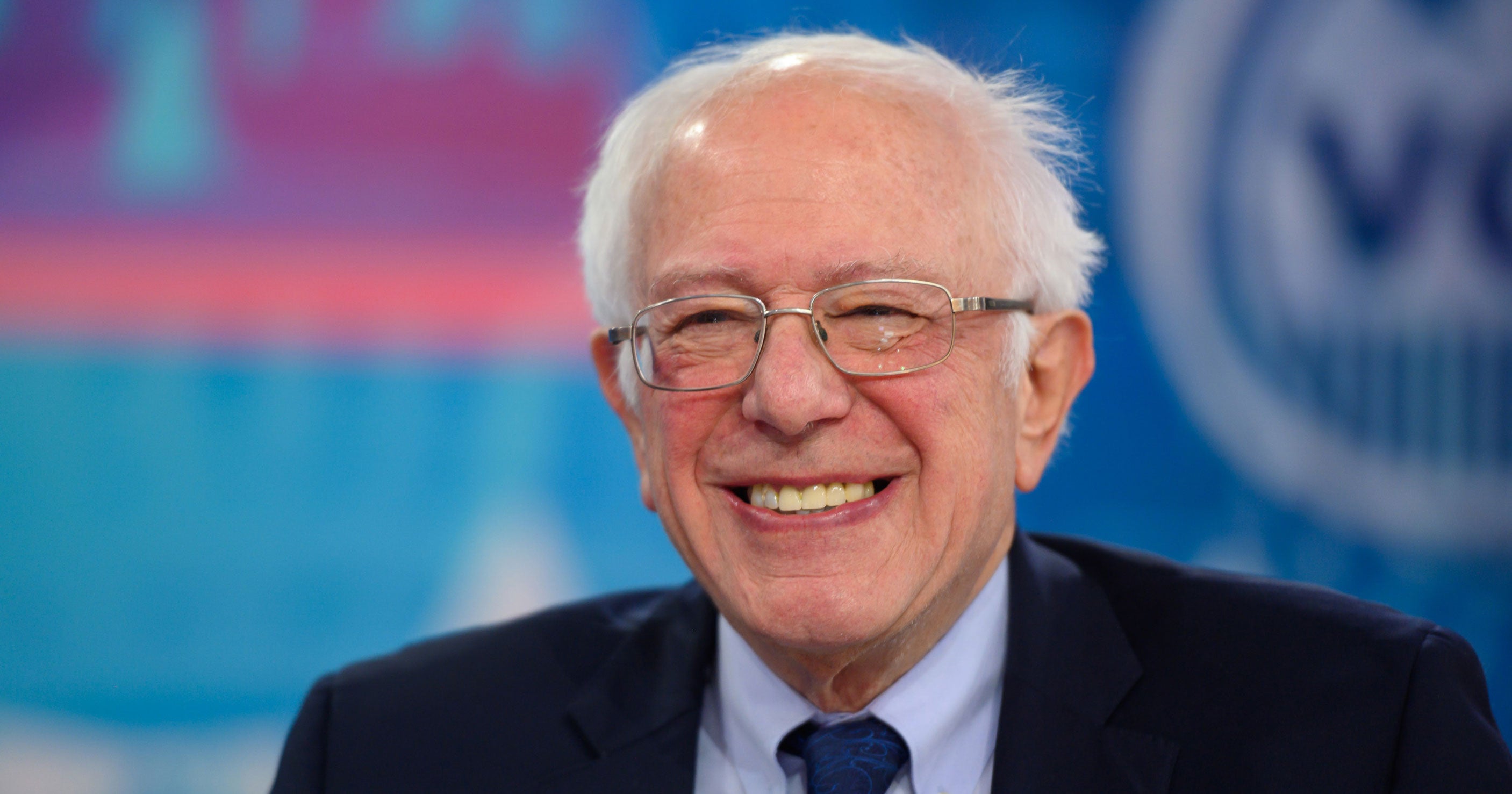
In a recent speech, Senator Bernie Sanders denounced the excessive influence of wealth on American politics, accusing a "triumvirate of wealth" of controlling the U.S. government. This bold claim has sparked widespread debate and raised critical questions about the distribution of power in the United States.
According to Sanders, the triumvirate of wealth consists of:
- The billionaire class: Individuals with personal wealth exceeding billions of dollars, who often use their fortunes to lobby for favorable policies.
- Large corporations: Multinational companies with vast financial resources and political connections, which wield significant power through campaign contributions and lobbying efforts.
- Wall Street banks: Financial institutions that facilitate the flow of capital and have a profound influence on economic policy.
Numerous studies and data points support Sanders' contention. For instance:
- A study by the Center for Responsive Politics found that in the 2020 election cycle, the top 1% of earners contributed over $1.5 billion to candidates and PACs, while the bottom 99% contributed less than $1 billion.
- A study by the Brookings Institution revealed that corporations spent over $2.6 billion on lobbying in 2021, with the largest sums going towards industries such as healthcare, energy, and finance.
- According to the Federal Reserve, the top 1% of wealth holders in the U.S. own nearly 40% of the nation's wealth, while the bottom 50% own less than 3%.
Sanders' claims have drawn mixed reactions. Some critics argue that his rhetoric is overly simplistic and that the influence of wealth on politics is more nuanced. They contend that:
- Not all wealthy individuals or corporations seek to corrupt the political process.
- Political contributions and lobbying are protected forms of free speech, enabling interest groups to advocate for their positions.
- Campaign finance regulations, such as limits on corporate contributions, already exist to curb the influence of money in politics.
However, Sanders' supporters maintain that:
- The current system of campaign finance allows the wealthy to exert undue influence, drowning out the voices of ordinary citizens.
- Lobbying can often lead to legislation that benefits special interests at the expense of the public good.
- Existing campaign finance regulations are inadequate to address the disproportionate influence of wealth on the political process.
The concentration of wealth in American politics has profound implications for:
- Representation: When the wealthy have disproportionate influence, the interests and concerns of the majority are less likely to be heard.
- Accountability: Elected officials beholden to wealthy donors may prioritize their interests over the needs of their constituents.
- Trust in Government: Public faith in the political system erodes when it is perceived as being biased towards the rich and powerful.
To mitigate these concerns, Sanders and other proponents of campaign finance reform advocate for solutions such as:
- Overturning Citizens United, the Supreme Court decision that allowed corporations to spend unlimited amounts on political campaigns.
- Enacting a small-donor matching system to amplify the voices of ordinary citizens.
- Requiring more transparency in campaign finance and lobbying activities.
Bernie Sanders' accusation that a "triumvirate of wealth" controls the U.S. government has ignited a critical debate about the concentration of power in American politics. While the influence of wealth is a complex issue with nuanced perspectives, the data and evidence presented by Sanders raise serious concerns about the extent to which the wealthy disproportionately shape political outcomes. His call for campaign finance reform and increased accountability is a necessary step towards restoring balance to the American political system and ensuring that the interests of all citizens are heard.
Ultimately, the question of whether the "triumvirate of wealth" truly controls the government is not a simple one to answer. However, the ongoing debate underscores the importance of transparency, accountability, and the need for a political system that serves the interests of all Americans, regardless of their economic status.
